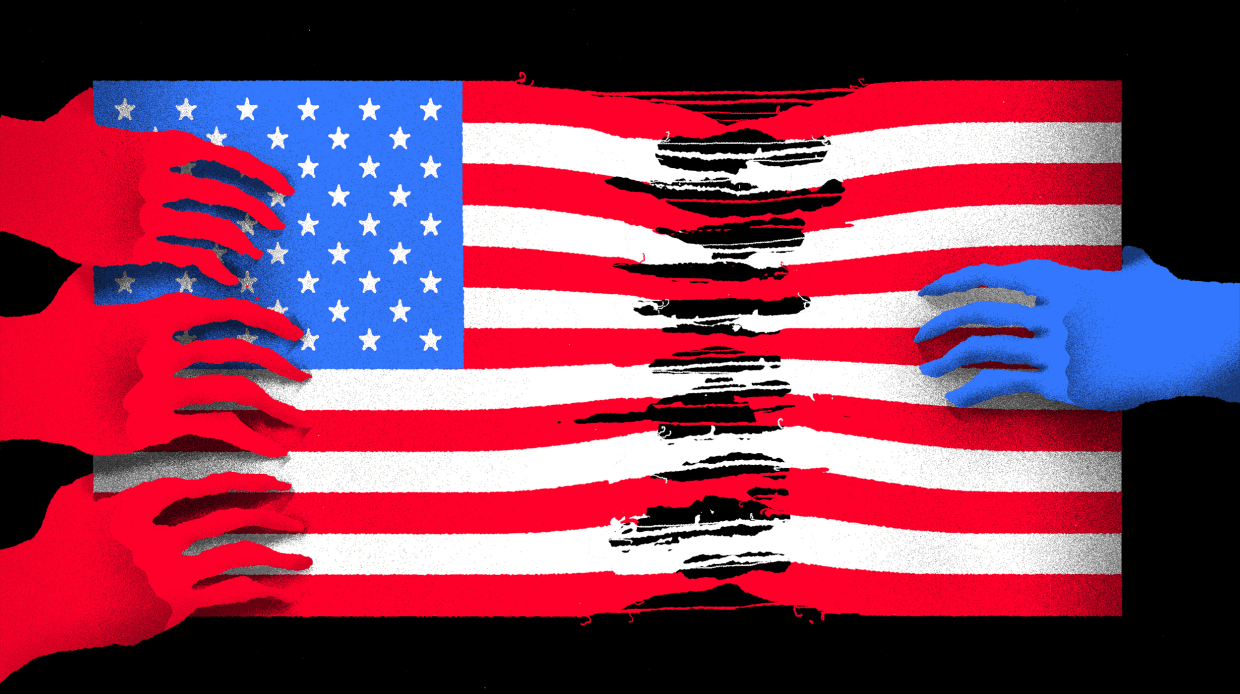The 2024 presidential election has seen a notable surge in candidates and movements within the Republican Party that are characterized by more extreme positions and rhetoric. These figures, often referred to as the “extreme Republicans,” have been instrumental in shaping the party’s direction and discourse in recent years. Their influence reflects a broader trend within American politics towards polarization and ideological rigidity.
Key Figures and Movements
Several prominent figures have emerged as leaders within this faction of the Republican Party. These individuals often champion policies and rhetoric that appeal to a base that say that are frustrated with traditional political norms and eager for radical change
Donald Trump
Donald Trump, who lost the presidential election in 2020, is widely regarded as an extreme political figure due to his unorthodox style, polarizing policies, and inflammatory rhetoric. Key aspects of his extremism include:
Populist and Nationalist Rhetoric: Trump consistently used populist and nationalist rhetoric, positioning himself as a champion of the “forgotten” American worker and railing against elites, immigrants, and foreign nations. His “America First” stance often translated into isolationist and protectionist policies.
Immigration Policies: Trump implemented some of the most stringent immigration policies in recent U.S. history, including the travel ban targeting predominantly Muslim countries, the family separation policy at the U.S.-Mexico border, and efforts to drastically reduce both legal and illegal immigration.
Undermining Democratic Institutions: Trump repeatedly attacked the integrity of the U.S. electoral system, most notably through his persistent and baseless claims of widespread voter fraud in the 2020 presidential election. His rhetoric culminated in the January 6, 2021, Capitol insurrection, an unprecedented assault on the democratic process.
Polarizing and Inflammatory Language: Trump’s public statements often included divisive and inflammatory language. He frequently targeted political opponents, the media (which he labeled “fake news”), and various minority groups, contributing to a highly charged and contentious political climate.
Despite his recent calls for unity he continues to attack anyone that tries to hold him accountable for his actions. He was also recently tied to the controversial and extreme Project 2025.
Project 2025
Project 2025 is a controversial initiative spearheaded by the Heritage Foundation, marked by its commitment to advancing a staunchly conservative agenda for the next Republican administration. Critics argue that the project’s proposals reflect extreme views, including:
Deregulation and Environmental Policies: Aiming to dismantle environmental regulations, the project advocates for policies that could significantly roll back protections, favoring industrial and economic interests over environmental conservation.
Social Policies: Proposals include rolling back LGBTQ+ rights and restricting reproductive rights, aligning with the most conservative factions within the Republican Party.
Immigration: The project promotes stringent immigration policies, including severe restrictions on legal immigration and aggressive enforcement actions, which many view as harsh and uncompromising.
Education: The initiative seeks to overhaul the education system, promoting school choice and charter schools, and potentially reducing funding for public education, which critics say could undermine public schooling.
Government Personnel: It involves a concerted effort to place ideologically aligned individuals in key government positions, aiming to ensure that conservative policies are implemented without internal resistance, which some fear could undermine democratic processes and checks and balances.
Project 2025’s agenda reflects an effort to implement a deeply conservative vision across all facets of government, with plans that many view as radical and polarizing.
JD Vance
JD Vance, Trump’s pick to be his Vice President and the author of “Hillbilly Elegy”, is often described as having extreme political views that align with the far-right faction of the Republican Party. Key aspects of his extremism include:
Immigration Stance: Vance supports highly restrictive immigration policies, advocating for a hardline approach that includes building a wall on the southern border and significantly reducing legal immigration. He often frames immigration as a threat to American jobs and security.
Cultural War Issues: Vance is vocal in the culture wars, taking strong stances against LGBTQ+ rights and gender-affirming policies. He opposes same-sex marriage and supports legislation that restricts transgender individuals’ rights, reflecting a traditionalist and often inflammatory perspective on social issues.
Election Denial and Trump Loyalty: Vance has expressed support for Donald Trump’s claims of widespread election fraud in the 2020 presidential election, aligning himself with the “Stop the Steal” movement. His loyalty to Trump includes echoing unsubstantiated claims that undermine confidence in the democratic process.
Populist Rhetoric: Vance frequently employs populist rhetoric that targets elites and institutions, blaming them for the struggles of working-class Americans. His speeches and public statements often contain inflammatory language aimed at stoking anger and resentment among his base.
Conclusion
The 2024 presidential election is a critical juncture for the Republican Party as it navigates the influence of its extreme wing. Whether these candidates and their policies will resonate with a broader electorate remains to be seen, but their impact on the party and American politics is undeniable. The rise of extreme Republicans reflects a significant shift in the political landscape, one that will shape the future of the GOP and possibly the nation for years to come.

